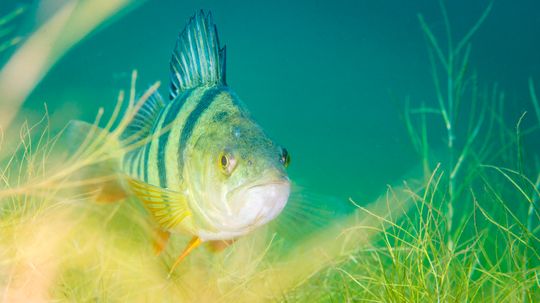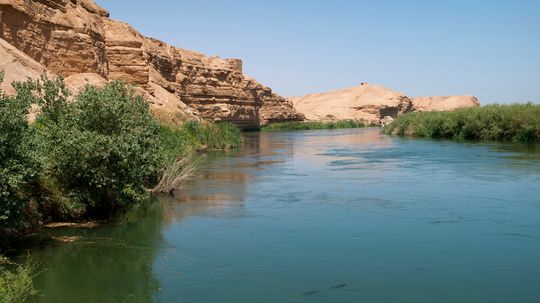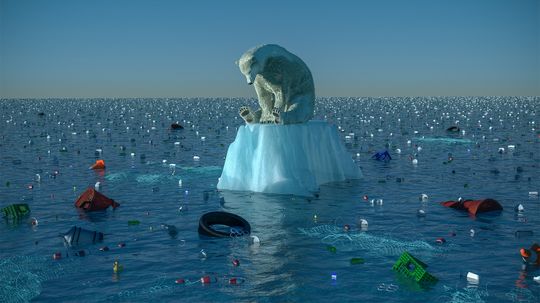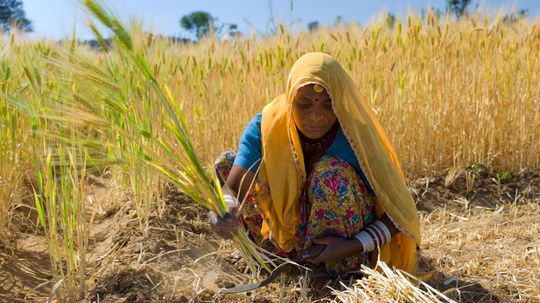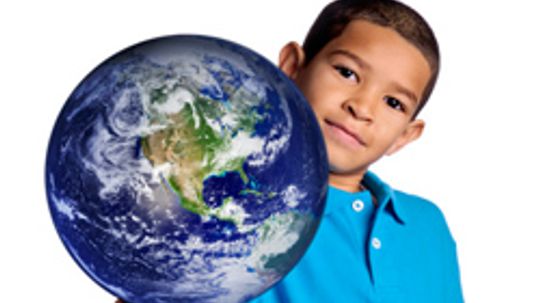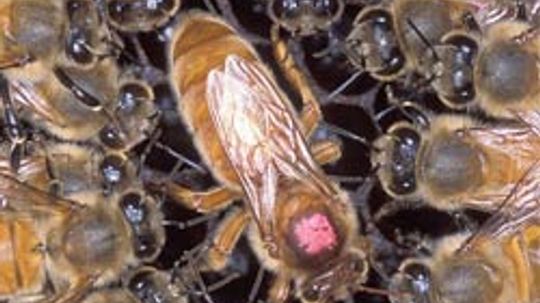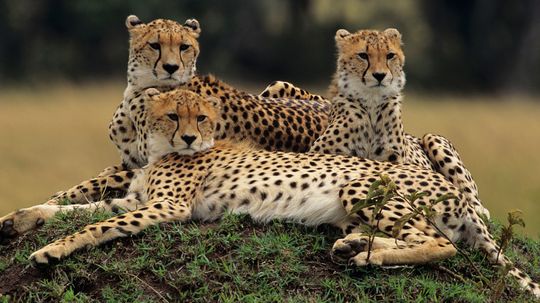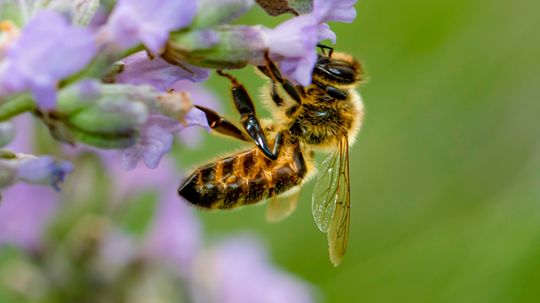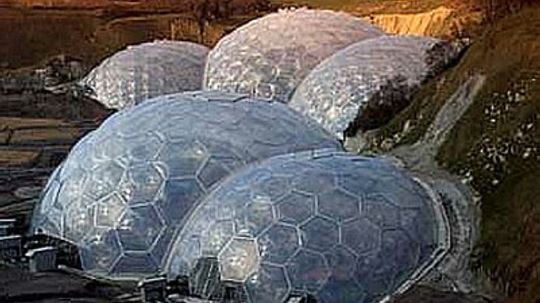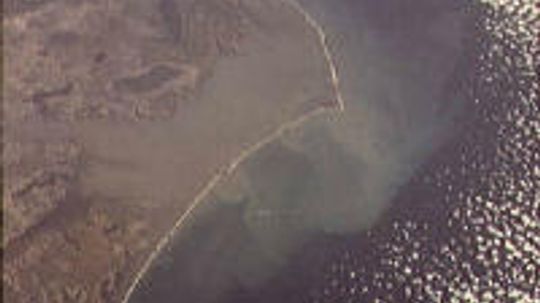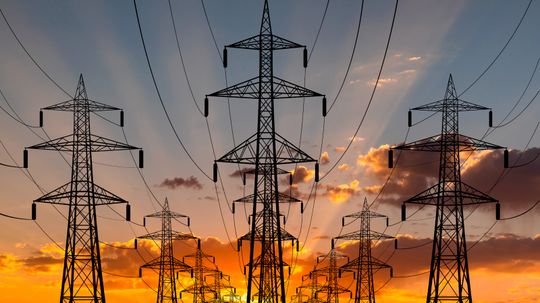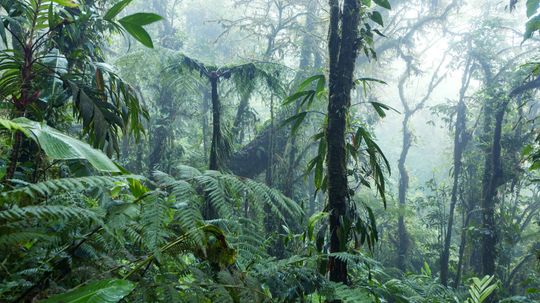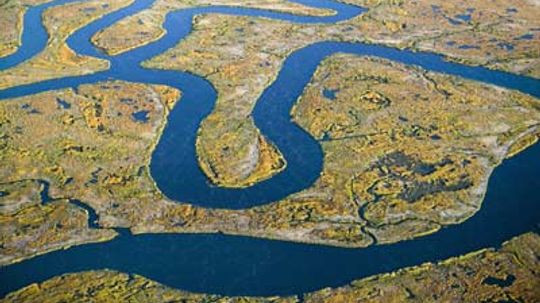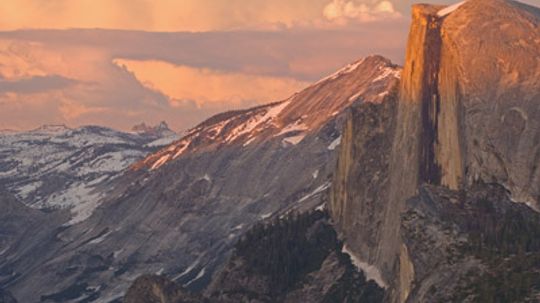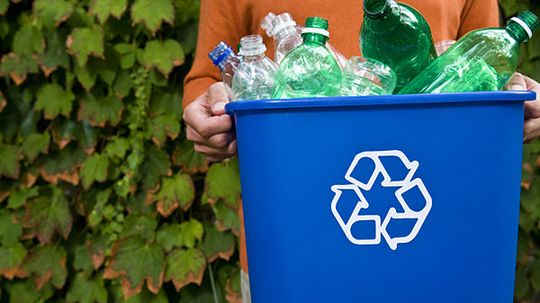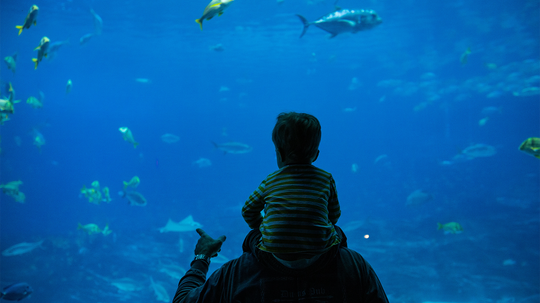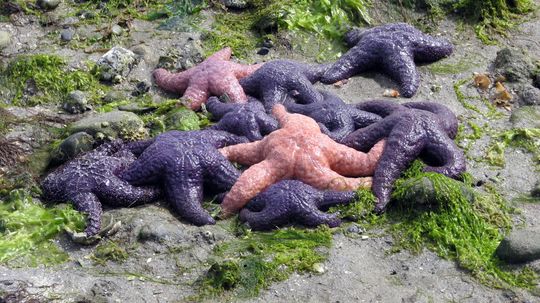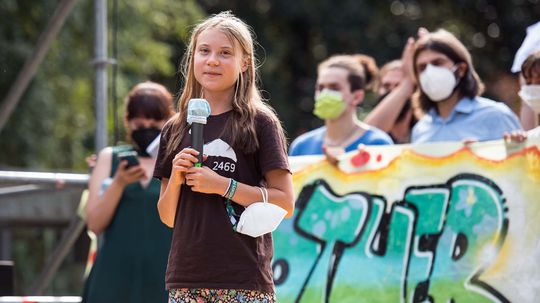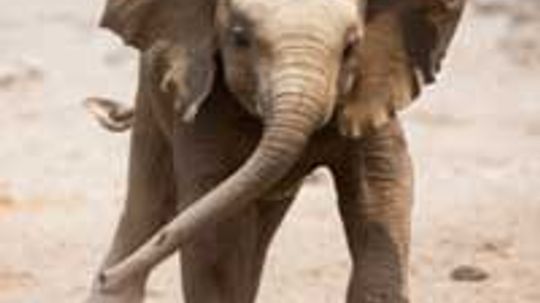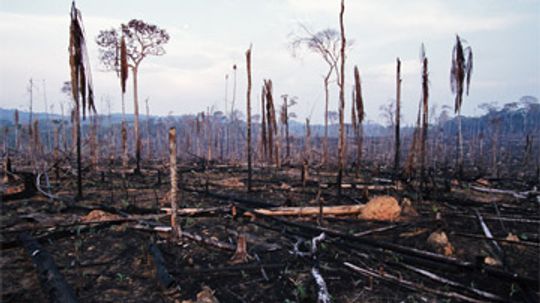Conservation
Conservation is a growing concern in the field of science. As humans continue to consume natural resources, many organisms are headed for extinction.
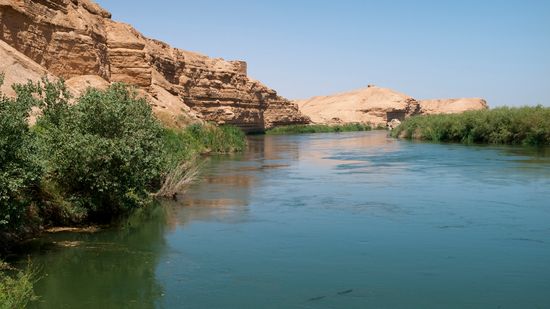
The Euphrates River, at the 'Cradle of Civilization,' Is Drying Up
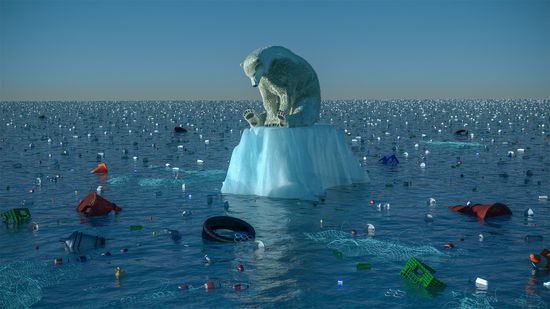
Study Says 2035 Is Climate Change Point of No Return
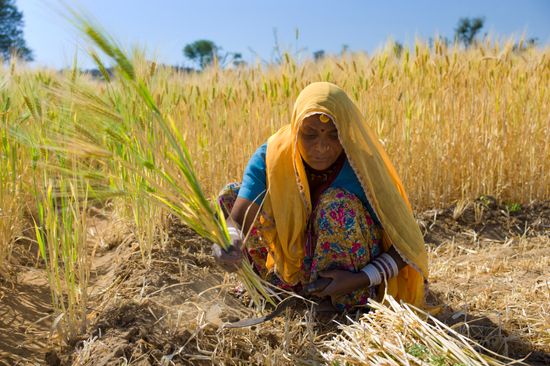
5 Ideas for Doubling the World's Food Supply
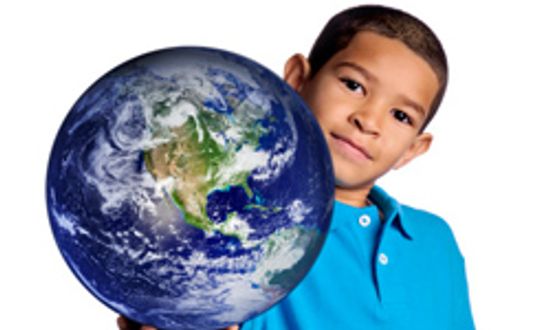
10 Earth Day Activities for Families

5 Tips for Teaching Kids About Sustainable Living

5 Ways to Teach Your Kids About Water Conservation
Learn More
Imagine a doorbell — but for fish. In the Netherlands, this eco-friendly innovation is making waves. The fish doorbell, or "visdeurbel," is a clever system created in the city of Utrecht to help native freshwater fish migrate more freely through canals and locks during spawning season.
By Zach Taras
The Euphrates River is one of the most important water systems in recorded history.
By Mitch Ryan
After 2035 it will be extremely unlikely we can stop Earth's temperature from rising enough to kick off a dangerous medley of global disasters.
Advertisement
With the world's population expanding and its arable land shrinking, how in the world are we going to have enough food to feed everyone? Here are five ways.
As with most lessons, children learn by watching their parents, so it's up to you to teach them how to live a sustainable life.
While water falls from the sky in the form of rain, it may be hard to explain to your kids that clean water actually isn't infinite. We'll show you how to get the message across.
By Sara Elliott
Celebrated since 1970, Earth Day is a time to honor Mother Earth and pay attention to what we're doing to her. It's also a great day to get your kids involved.
By Sara Elliott
Advertisement
You probably do your best to make sure your children are environmentally responsible, but sometimes the whole family needs a little kick start. Here are five fun ways to teach your kids more about being green.
Insects and biodiversity go hand in hand. Without insects our planet would not survive as they are essential to biodiversity. Check out this gallery on the relationship between insects and biodiversity.
Biodiversity means rainforests and reefs teeming with species right? There's more to it than that though. Genetic diversity has a big role to play, too. Just ask that cheetah cub.
A fascinating article that describes the work of The Nature Conservancy and the benefits of its conservation projects to our environment and ecology!
Advertisement
The Eden Project is an incredible set of massive greenhouses in Cornwall, England. Check out this amazing place!
By Tom Harris
You've probably been spending your summers visiting a barrier island or two and you don't even know it! From Atlantic City to Miami Beach barrier islands are popular vacation spots and amazing ecosystems. Go exploring.
Another series of rolling blackouts are hitting California. Learn why this is happening and how it affects you.
By Kevin Bonsor
Tropical rainforests are the most diverse ecosystems on Earth, and also the oldest. Today, tropical rainforests cover only 6 percent of the Earth's ground surface, but they are home to over half of the planet's plant and animal species.
By Tom Harris
Advertisement
Ever wondered where all that rain goes after a storm? Most of it is absorbed by soil and plants, while watersheds carry the rest into nearby lakes and rivers.
Vertical farming is a method of large-scale farming in an urban environment. Learn about the benefits of a vertical farm and vertical farming technology.
The Sierra Club lobbies for environmental preservation and engages members in fun wilderness excursions.
By Sarah Dowdey
The waste collectors threw your recyclables into one big bin on their truck. How do you know your recyclables are being recycled? And what happens to them next?
By Josh Clark
Advertisement
The Georgia Aquarium is the world's largest aquarium. How did they build habitats for all the animals, and what does it take to keep them fed and healthy? Find out about the aquarium and learn about the animals that call it home.
Without its keystone, a Roman aqueduct collapses. Does the same travesty befall an ecosystem when a keystone species goes missing from the ecological equation?
Critics warn that cryptocurrency networks, whose computers use enormous amounts of electricity to verify transactions, could be a factor in warming the planet. The industry is working to change that.
In the lead-up to U.N. Climate Change Conference, the Swedish activist talked about Biden's climate plan, the media's responsibility and what gives her hope.
Advertisement
If it takes $1 million a year to save the California condor, how much would it take to save every endangered species? Is it possible, and how can we save species we don't even know exist?
Our planet would be a much different place without its richly diverse ecosystems full of plants, animals and microorganisms. What poses the biggest danger to the millions of species that call Earth home?
